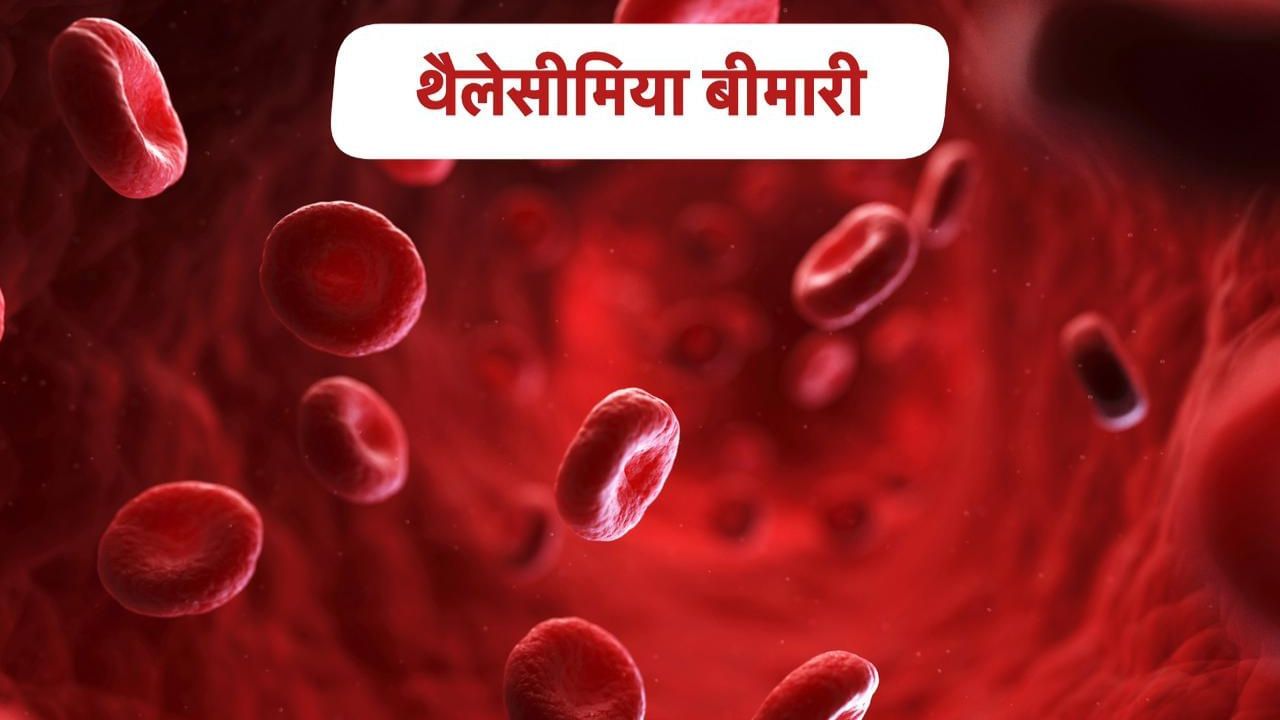What is Thalassemia disease? Image Credit source: Getty Images
Thalassemia: Thalassemia is a genetic disease in which the body is unable to produce enough hemoglobin. Hemoglobin is a protein found in red blood cells, which works to deliver oxygen to every part of the body. In this disease, red blood cells break down quickly, which causes anemia in the body. There are two types of Thalassemia, Thalassemia major and Thalassemia minor. The major type is severe, while the minor type has mild symptoms. This disease occurs in those children whose thalassemia gene is present in the blood of both their mother and father. Its risk is seen more in South Asian countries like India, Pakistan and Bangladesh.
Thalassemia The main reason is the passing of bad genes from mother or father to the child. When both parents have this gene, the child may have thalassemia major. Its symptoms include weakness, pale skin, frequent fatigue, shortness of breath, loss of appetite, stunted growth of bones and stunted growth of the child. Sometimes the size of spleen and liver also increases. If it is not detected in time, it can take the form of severe anemia. Therefore, it is very important to start investigation and treatment at an early stage.
Why is there a need for blood transfusion, how is the treatment done?
Dr. Subhash Giri in the Department of Medicine at RML Hospital It is said that the body of a patient of Thalassemia Major is unable to produce enough red blood cells on its own, due to which anemia persists. Therefore, they have to undergo blood transfusion every 2 to 4 weeks, so that the hemoglobin level in the body remains normal and there is no shortage of oxygen. Continuous blood transfusion increases the amount of iron in the body, which can harm the heart, liver and other organs.
To control this, the patient is given iron chelation therapy, which removes excess iron from the body. Apart from this, bone marrow transplant is considered the only permanent treatment, but this is possible only when the match of donor and patient is correct.
keep these things in mind
Get tested for thalassemia before marriage or in the early stages of pregnancy.
If anyone in the family has this disease, get regular blood tests done.
After blood transfusion, take the medicines given by the doctor on time.
Never take iron supplements without consulting.
Eat nutritious diet, green vegetables and enough water.
Keep stress low and stay positive for mental and physical health.
